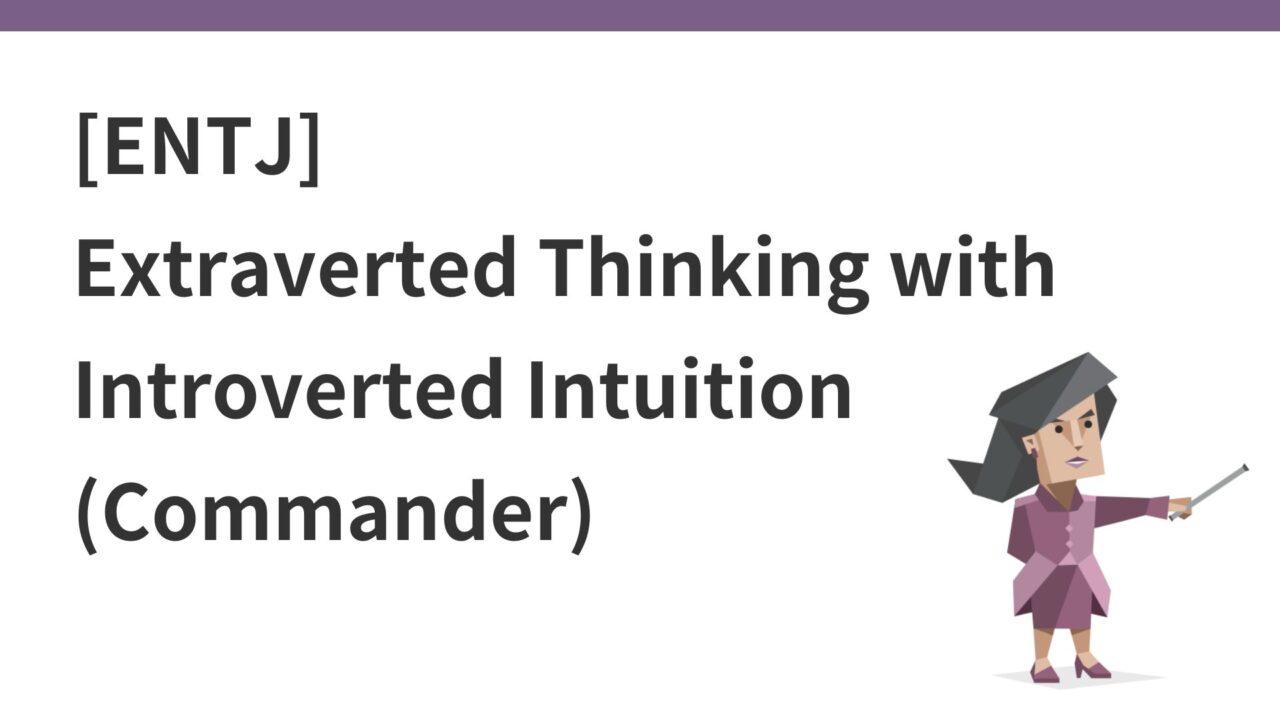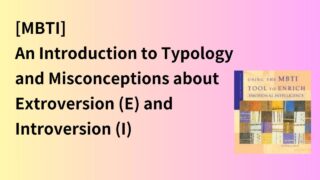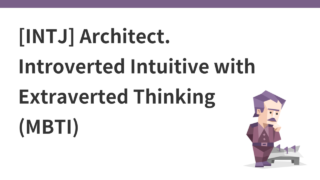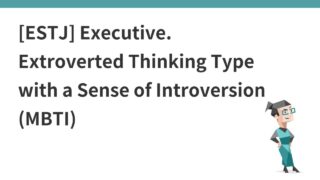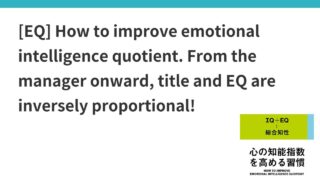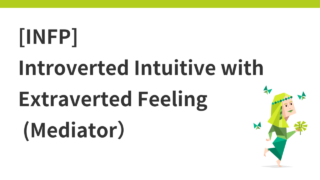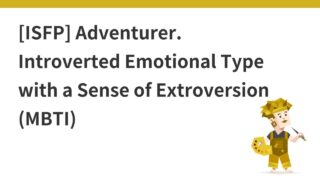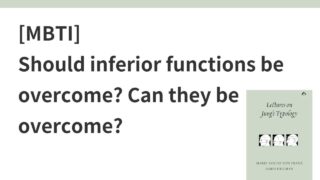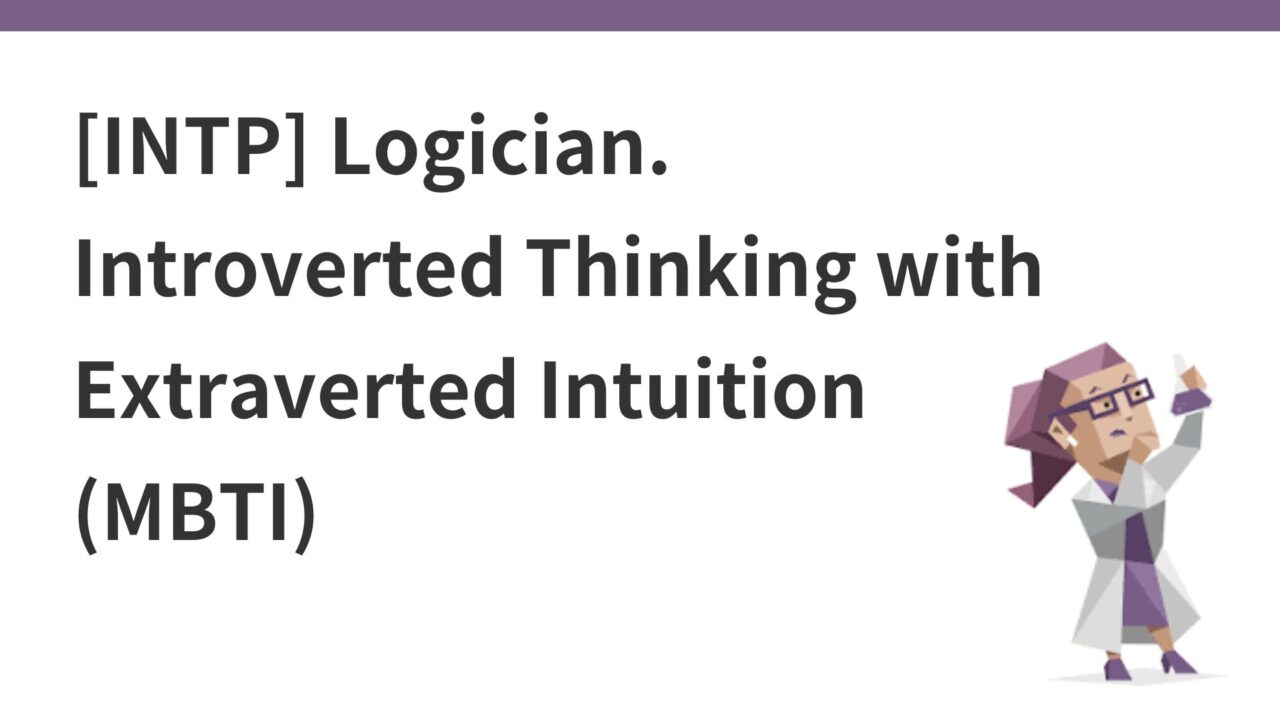- Introduction.
- Public Impressions of ENTJ
- Te-Ni: Extroverted thinking type with introverted intuition
- Difference between ENTJ and INTJ
- Difference between ENTJ and ESTJ
- Impression of ENTJ to others: decisive leader
- To reinforce introverted feelings of inferior function (Fi)
- Communication features: logical and direct
- Reactions during stress and points for improvement
Introduction.
I will summarize the following perspectives on each MBTI personality type.
- Characteristics of the primary and auxiliary functions and the decision-making process
- Impression to the surroundings
- Inferior Functions and How to Enhance Inferior Functions
- Communication Features
- Reactions during stress and points for improvement
- Communication Styles and Points to Consider
In this issue, we discuss ENTJ.
Public Impressions of ENTJ
If you Google ENTJ, related searches include “ENTJ bad character,” “ENTJ leadership,” and “ENTJ charisma.
He is known as “the commander in chief,” and his celebrity list includes Steve Jobs and Margaret Thatcher.
Te-Ni: Extroverted thinking type with introverted intuition
The cognitive functions of the ENTJs, in order of development, are as follows
- Primary function (the function you are most aware of): extroverted thinking (Te)
- Auxiliary functions (functions that function well but are difficult to recognize in oneself): introverted intuition (Ni)
- Third function: extraverted emotion (Se)
- Inferior function: introverted affect (Fi)
The following is a brief description of how each cognitive function affects an individual’s perception and behavior.
| cognitive function | Inward (i) | Outgoing (e) |
|---|---|---|
| Intuition (N) | Pattern recognition – inner insights and future predictions | Explore new possibilities – ideas and abstract concepts |
| Thinking (T) | Logical analysis – building internal theories and organizing thoughts | Objective judgment – decision making for efficiency and fairness |
| Emotion (F) | Deep empathy – a deep understanding of personal feelings and values | Social harmony – forming emotional connections with others |
| Sensation (S) | Details of reality – reflection of inner concrete memories and experiences | Actual experience – direct interaction and action with the outside world |
ENTJ uses introverted intuition (Ni) to make decisions based on extroverted thinking (Te).
Te-Ni: Leveraging Strategic Insights to Achieve Effective Goals
Extroverted thinking (Te): driving force to achieve goals
Extroverted thinking is the strongest function in ENTJs, which means they are very proactive in their environment and seek to achieve their goals efficiently and effectively; ENTJs naturally take on leadership roles and are very capable of managing projects and people.
Introverted intuition (Ni): forming a long-term vision
As an auxiliary function, introverted intuition provides insights and strategies to help Te achieve its goals; ENTJs use this function to have a vision of the future and to develop the best plan to achieve those goals. However, the plan is often developed in a more direct and specific manner in response to Te’s requirements.
Decision and Action Processes
Using these two functions, ENTJs make daily choices and decisions. Their attention is directed externally, and they make efficient and rational decisions according to theories and principles. In addition, when executing, they often achieve their goals not by themselves alone, but by involving others and demonstrating leadership. They desire to be competent themselves, and they focus on what needs to be done to achieve their goals.
Difference between ENTJ and INTJ
Both ENTJs and INTJs have introverted intuition (Ni) and extroverted thinking (Te) as their primary cognitive functions, but the priority of these functions is different.
INTJs tend to be more introspective and contemplative (primary function Ni) and often base their planning on a long-term vision. ENTJs, on the other hand, take a more proactive and direct approach (primary function Te) and actively control their environment to achieve their goals.
One person or a few people + long term vs. organization + short to medium term” and several others.
Difference between ENTJ and ESTJ
Both ENTJ and ESTJ have extroverted thinking (Te) as their primary function, but they differ in their auxiliary functions: ESTJ has introverted sensation (Si) as its auxiliary function and therefore feels stable by referring to past experiences and existing knowledge.
ENTJ focuses on “what is possible,” is future-oriented, and often explores new possibilities, while ESTJ focuses on “what is proven” and seeks effective results through established methods and systems ENTJ is more risk-oriented and more likely to view change as an opportunity.
Impression of ENTJ to others: decisive leader
With the major cognitive functions described above, extroverted thinking (Te) and introverted intuition (Ni), ENTJs are prone to the following general impressions.
- Confident Leader: ENTJs are confident and determined and have a goal-oriented attitude. They naturally assume leadership roles and lead groups and organizations based on self-belief.
- Strategic Thinker: Through introverted intuition (Ni), ENTJs have a long-term vision and develop strategies based on that vision. They have the ability to construct plans that will have an impact well into the future.
- Decisive: Due to the influence of extroverted thinking (Te), ENTJs make decisions quickly and effectively. They are good at processing information quickly and translating it into concrete actions.
- Focuses on organization and efficiency: emphasizes managing projects and people efficiently and prefers to act according to systems and rules. Typically acts according to organization and planning.
- Direct and direct communication: ENTJs have a very direct and direct communication style. They are not afraid to clearly state their opinions and thoughts.
- Problem-oriented: Focuses on the task at hand and seeks the means necessary to solve it. They enjoy challenges and believe that by overcoming them, they will grow.
- Strong in Authority: Because of their confident and dominant nature, they often hold positions of authority and power and are respected by others.
ENTJs do not overthink when trying to decide whether to actually adopt a person, idea, technology, etc., because of the principle of pragmatic criteria such as “practical or not. They prefer to use easy-to-understand evaluation criteria that are customarily used.
To reinforce introverted feelings of inferior function (Fi)
The inferior function, introverted affect (Fi), is relatively the least developed.
Introverted emotion refers to “the brain’s ability to think deeply about how we and others really feel.
Have time for self-reflection
Regular time for self-reflection can help us understand our feelings and motivations more deeply. Writing in a journal, meditating, or simply having time to quietly look inside yourself allows you to listen to your own inner voice.
Click here for an article on how to keep an emotional diary.
Putting feelings into words
Practicing to accurately verbalize one’s feelings can strengthen introverted emotions (Fi). Although it may be difficult to share your emotions with others, you may want to start by expressing your feelings through dialogue with trusted friends and family members.
Be sensitive to other people’s feelings
Increasing sensitivity to the emotions of others is also helpful in the development of Fi. It is important to observe the emotions and reactions of others and strive to understand the feelings and motivations behind them.
What we need to learn to respect different types
Incidentally, the types with this introverted effect (Fi) most developed are INFPs and ISFPs, who, although introverted, process their emotions richly internally and have a deep understanding of their own values and feelings.
It may be a good idea to pay attention to how they process and express their emotions internally and gradually incorporate them into your own behavior, starting with the parts that are easy to adopt. It may be beneficial to observe their behavior and recognize the differences from your own.
ENTJs need to learn to respect different types of people, as the warmth of feeling and consideration for others are lubricants in relationships and help when ideas are realized.
Communication features: logical and direct
- Direct and decisive: ENTJs are very direct and confident in expressing their views. Their language is often definitive and reflects clear decision-making. They like to communicate quickly and efficiently and are direct to the point on topics.
- Structured Expression: In conversations and discussions, ENTJs present information in a structured and logical manner. They have the ability to connect the dots and systematically explain complex ideas. This allows the audience to easily follow the ENTJ’s thinking.
- Persuasion and Influence: ENTJs are very persuasive and forcefully support their ideas and plans. They have a strong ability to persuade and influence others to take action. This ability is especially evident in leadership roles and project management.
- Imperative Tendency: Communication style can sometimes feel imperative; ENTJs strongly believe that their ideas are correct and do not hesitate to give instructions to others.
- Strategic Communication: ENTJs communicate strategically to achieve their objectives. They use their conversations as a means to achieve their goals, often prompting specific actions in the process.
- Reads the atmosphere but does not act on it
- Show tolerance for others’ beliefs and values as long as they make sense and follow a valid analysis
- They are critical of situations and possible choices and appear impatient with others.
Reactions during stress and points for improvement
When ENTJs are exposed to undue stress, their focus on efficiency can backfire and trigger a series of typical reactions.
ENTJs are stressed when they come into contact with people who bring in ideas that are overly personal, seem incompetent, or are indecisive.
Reactions under stress
- Excessive control and dominance: As stress increases, the ENTJ’s behavior of trying to control the environment intensifies. This is the result of an over-expression of the primary function, extroverted thinking (Te), which may manifest itself in the form of excessive attempts to manage projects and people.
- Temper tantrums and irritability: One can easily become short-tempered and angry in response to situations where efficiency is compromised or plans are delayed. This is due to the emergence of introverted emotions (Fi) that are not normally used much during times of stress, and when Fi is underdeveloped, they become emotional and behave differently than normal, illogically or irrationally.
- Lack of flexibility: can be very adamant about new information and changes, making it difficult to be flexible.
- Perfectionism: Because of an extreme fear of mistakes and failures, they can be overly demanding of themselves, which can cause stress.
Key Points for Improvement
- Relaxation practices: learn and incorporate relaxation techniques such as yoga, meditation, and deep breathing into your daily life to help manage stress levels and keep calm.
- Practice delegation of authority: Appropriate delegation of tasks, rather than doing everything yourself, can free you from excessive responsibility and reduce stress.
- Be Flexible: Be flexible and adaptable to unexpected changes and challenges. Accepting and adapting to change will enable you to manage stress effectively.
- Participation in hobbies and social activities: Participate in fun and social activities to maintain work-life balance. This is important to have time to refresh and get away from the pressures of work.
